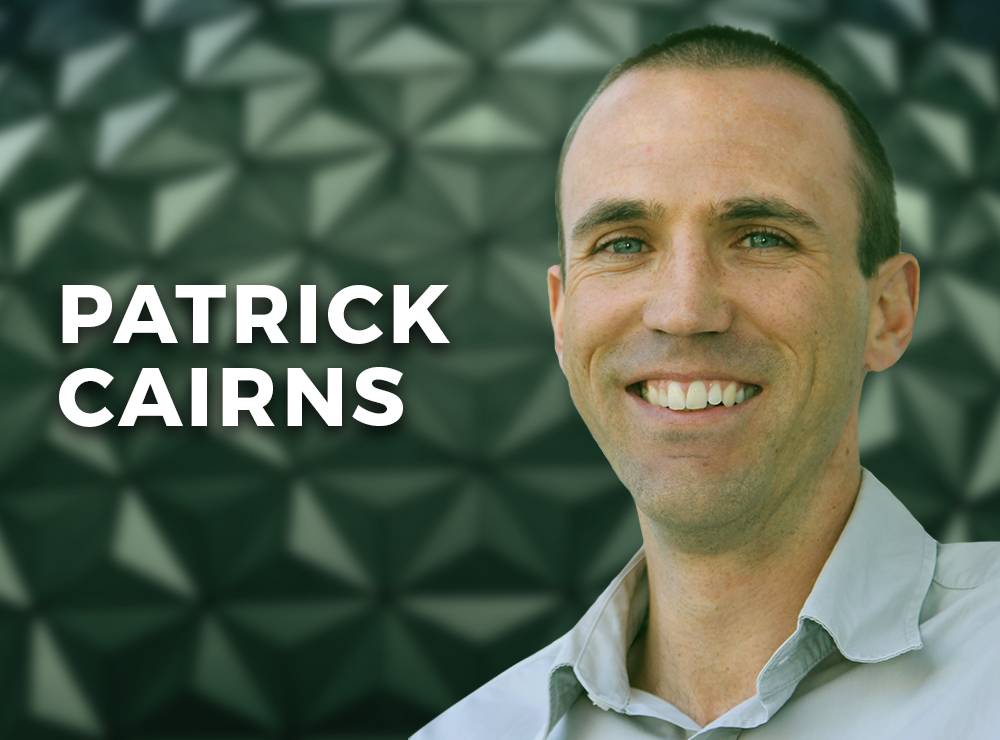
By PATRICK CAIRNS
The turmoil of 2020 will leave investors with many lessons. The most significant of those may be that the biggest risks to markets are always the ones we don’t see coming.
There are, however, many more subtle things to learn from this year as well. The extremes in markets, from the lows in March to the astonishing surges in shares like Tesla, have shown how unpredictable things can be in the short term.
At the depth of the market crash, when the Dow Jones Industrial Average dropped 26% in just four days, it seemed that nothing could break the fall. There was so much pessimism in the market about the impact that lockdowns would have on the world economy, that it would have seemed naïve or foolish for anyone to suggest that the Dow Jones would be up for the year by the time we reached December.
Yet, that is exactly what has happened. Once the initial panic subsided, investors started to see all sorts of reason for optimism. They realised that forcing people to stay at home would actually benefit companies like Amazon and Microsoft. They saw that there could be a new way of working that could be facilitated by companies like Zoom. And they understood that a swifter change to zero carbon economies could make Tesla the most important car manufacturer in the world.
Fear and greed
This is a constant battle playing out in markets – between fear and pessimism in one direction, and greed and optimism in the other. It is, however, rarely as clear to see as it has been in 2020.
The challenge for investors is to know where they should position themselves in that argument. Warren Buffett’s famous observation is to “be fearful when others are greedy, and greedy when others are fearful”.
That is however advice about when to buy and sell individual stocks. It is not useful guidance for long-term investors who should not be trying to time when to go in and out of the market.
Morgan Housel of Collaborative Fund suggests a different way of thinking – that “progress requires optimism and pessimism to co-exist”.
Prepare for the worst
Investors, Housel suggests, should not think that they have to be either optimists or pessimists. Long-term success requires both.
“The best financial plan,” writes Housel, “is to save like a pessimist and invest like an optimist.”
What that means is that you need to be prepared for the worst. Firstly, your portfolio needs to be diversified enough to withstand the kind of extreme short-term movements that we saw earlier this year. You have to anticipate that markets will, from time to time, turn against you.
Secondly, your financial plan needs to be able to protect you against the worst life events. You need insurance to cover you in case you fall seriously ill or are disabled and unable to work. And you need to have emergency savings in the event that you lose your job or are hit by a large, unexpected expense.
Take advantage of the best
At the same time, however, you need to appreciate the lessons shared by the authors of Triumph of the Optimists – that, over the long term, stock markets will deliver the best compounded returns.
That means that you need to be prepared to take risk with your money. You need to appreciate the unpredictability of stock markets, and the wide range of potential outcomes over the short term. Critically, you need to stay invested, even when times look as bad as they did in March this year.
That will give you the best chance to grow your wealth. But you will only have that opportunity if you take the necessary precautions to not get financially derailed along the way.
As Housel notes: “The trick is being able to survive the short-run problems so you can stick around long enough to enjoy the long-term growth.”
One of South Africa’s most respected financial journalists, PATRICK CAIRNS is a trusted commentator on the world of investments and the quirks of behavioural finance. Over more than a decade he has built a reputation for keeping the industry honest, and putting the interests of investors first.
Here are some more articles by Patrick Cairns:
Why active will continue to underperform
A real long-term investment strategy
WHAT NEXT?
If you found this article interesting, we think you’ll enjoy these too:
The only way to be a buy-and-hold investor
Five ways to boost your financial resilience
CONTENT FOR ADVICE FIRMS
Through our partners at Regis Media, TEBI provides a wide range of content for financial advice and planning firms. The material is designed to help educate clients and to engage with prospects.
As well as exclusive content, we also offer pre-produced videos, eGuides and articles which explain how investing works and the valuable role that a good financial adviser can play.
If you would like to find out more, why not visit the Regis Media website and YouTube channel? If you have any specific enquiries, email Sam Willet, who will be happy to help you.
© The Evidence-Based Investor MMXX









